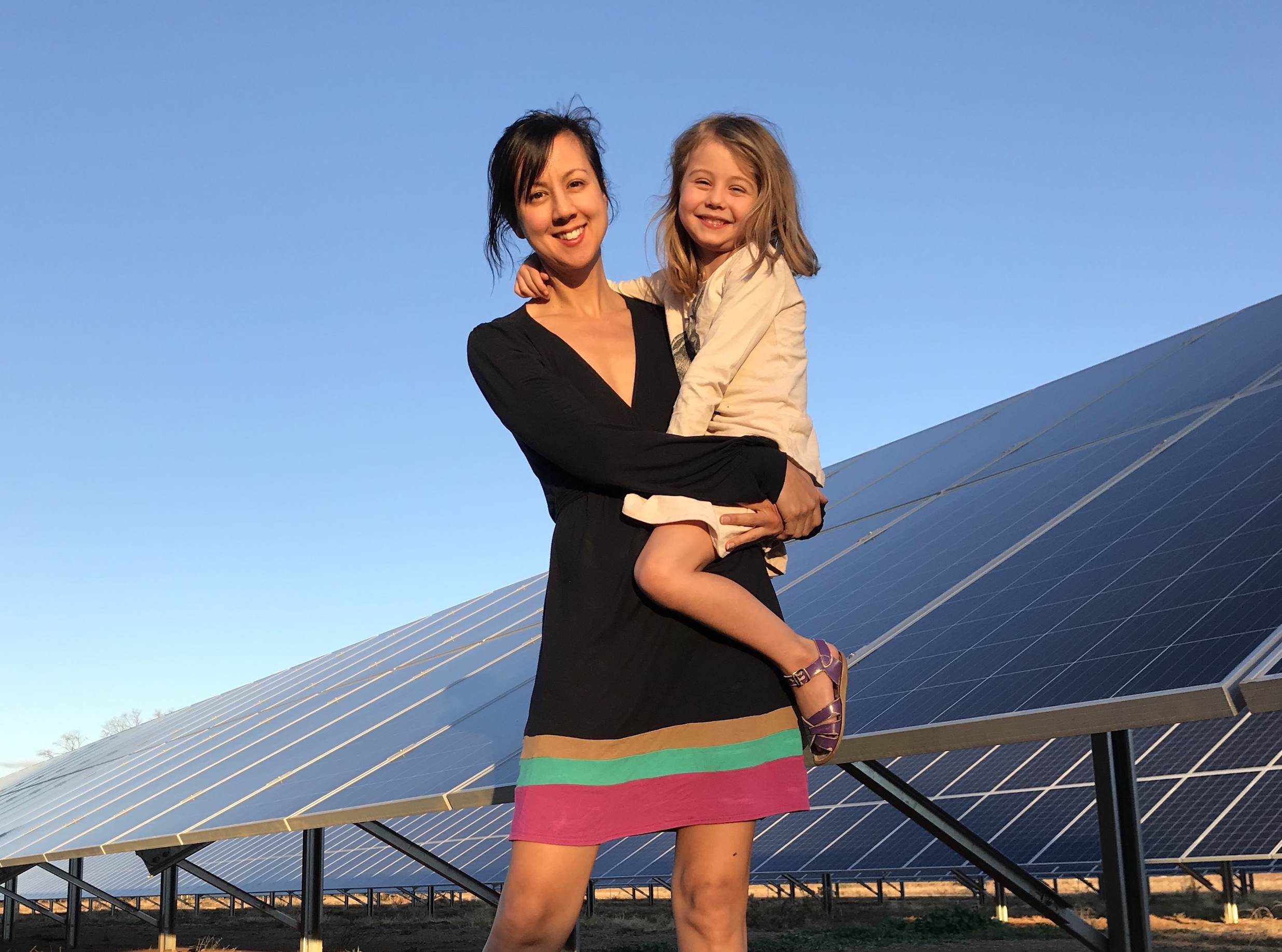“As a farming business we are very mindful of the inevitable impact that both the changing climate and the regulatory changes coming to combat further climate change will have on our business and lives. The National Climate Change and Agricultural Work Program would be a great asset for farmers like us, hungry for information and incentives to help guide and assist our aims at being mainstream suppliers of low carbon salads.”
Andrew YoungWemen farmer and Farmers for Climate Action supporter
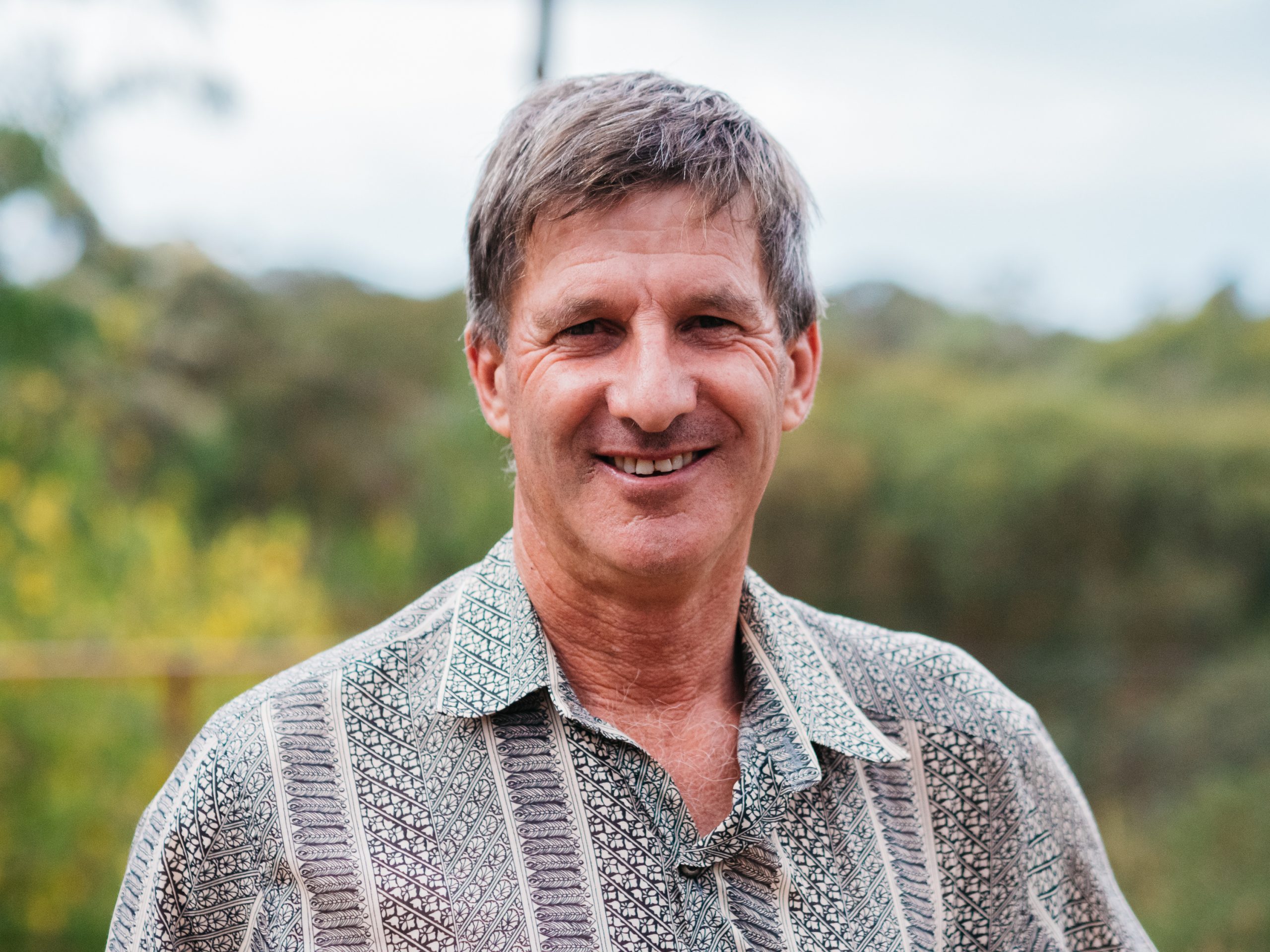
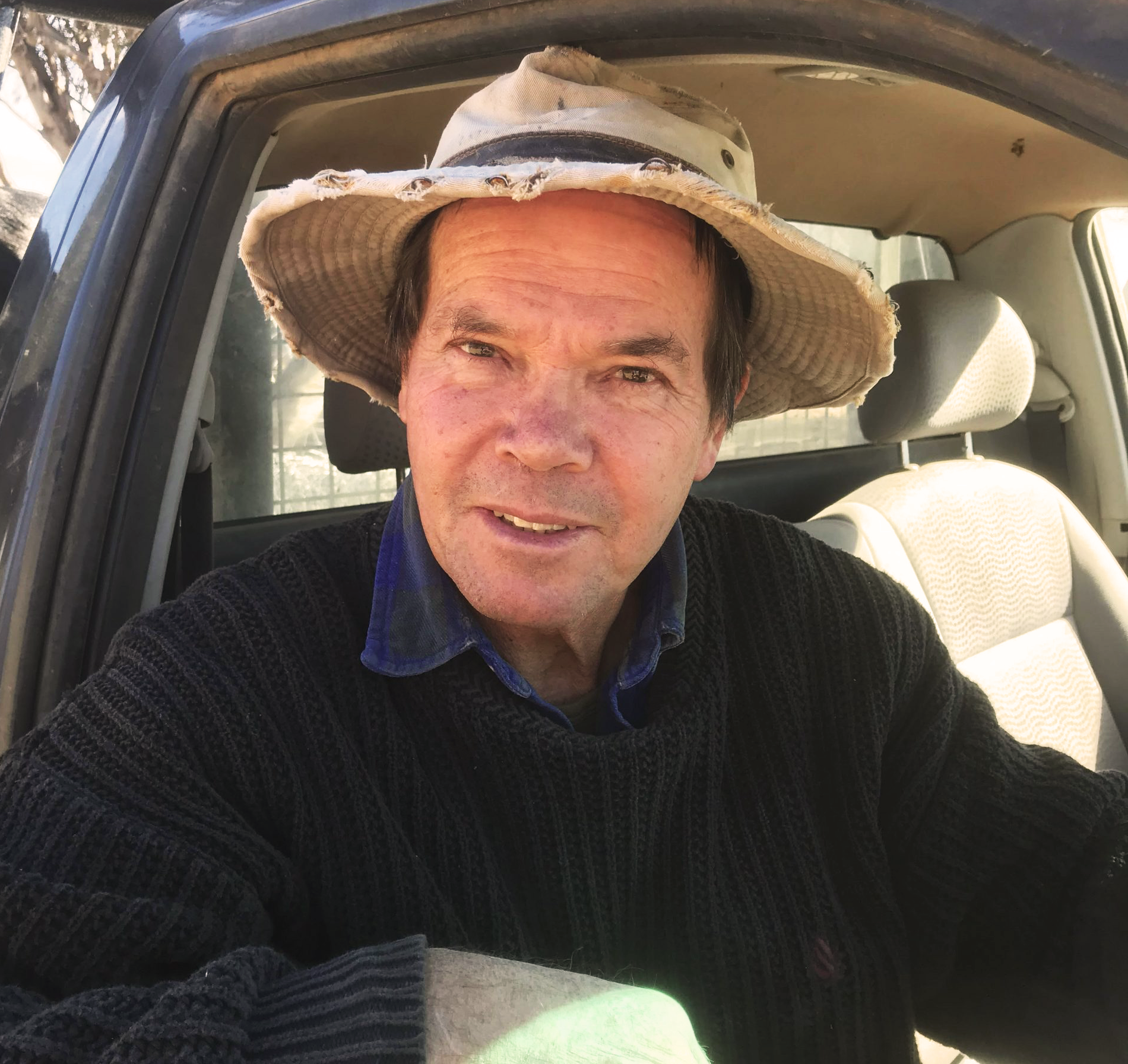
“We have 160 hectares under contract to the NSW Biodiversity Conservation Fund which we manage according to their guidelines for the purpose of preserving the biodiversity of the land and still earning us a return. The arrangement is in its early stages but is working well despite the extreme drought. Investment in research, biodiversity conservation and carbon sequestration are critical to our future.”
Rob LeeLarras Lee farmer and Farmers for Climate Action supporter
“A strong Regional Resilience Hub Network is a vital resource for farmers to be able to access information and ideas on how to help bring our farms inline with our climate smart goals. No longer can we just look to our neighbours to see if the grass is greener. With this tool we can now look country wide, sift through ideas from many avenues to come up with a climate smart plan for our farms.”
Kerrie McMartinSunshine Coast farmer and Farmers for Climate Action supporter
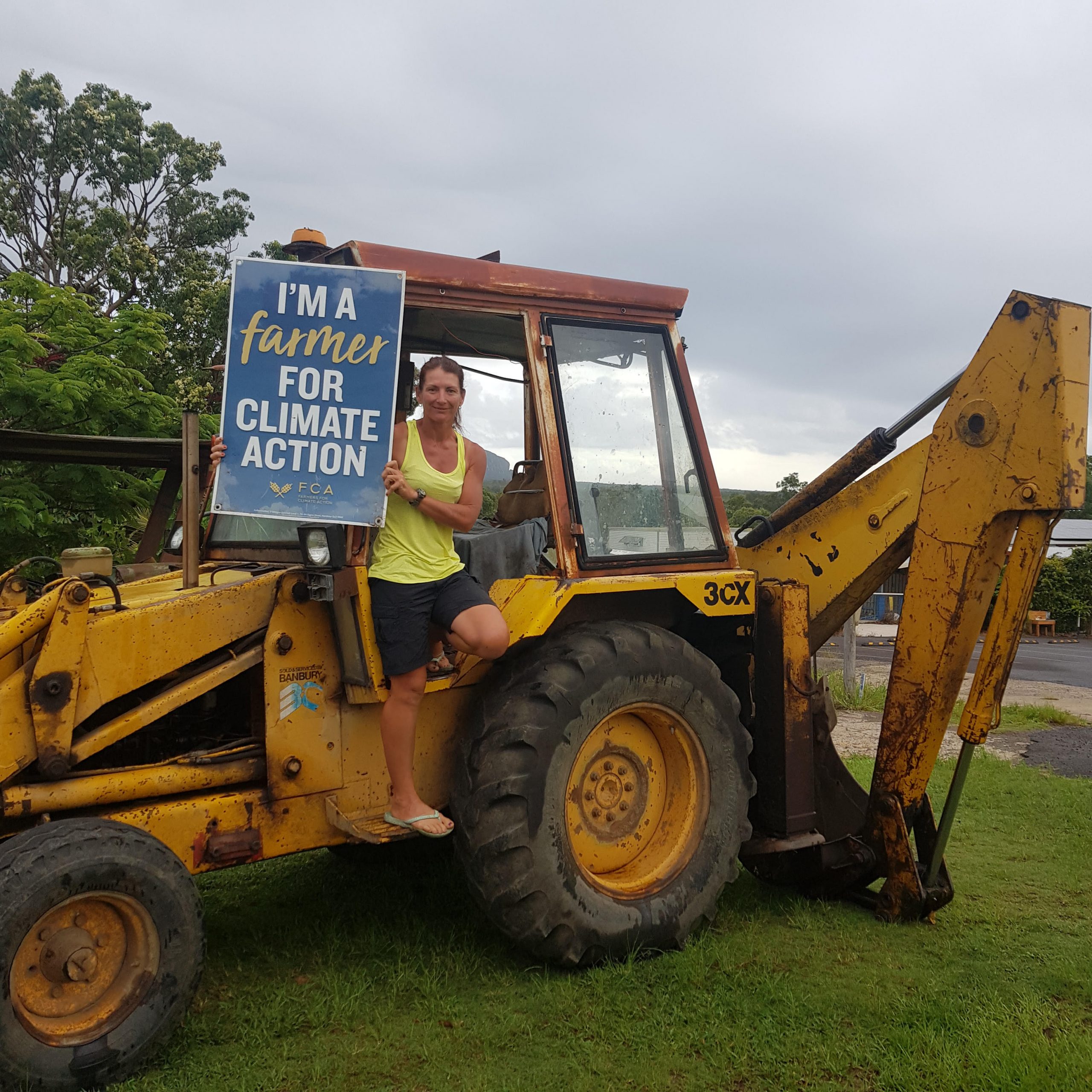
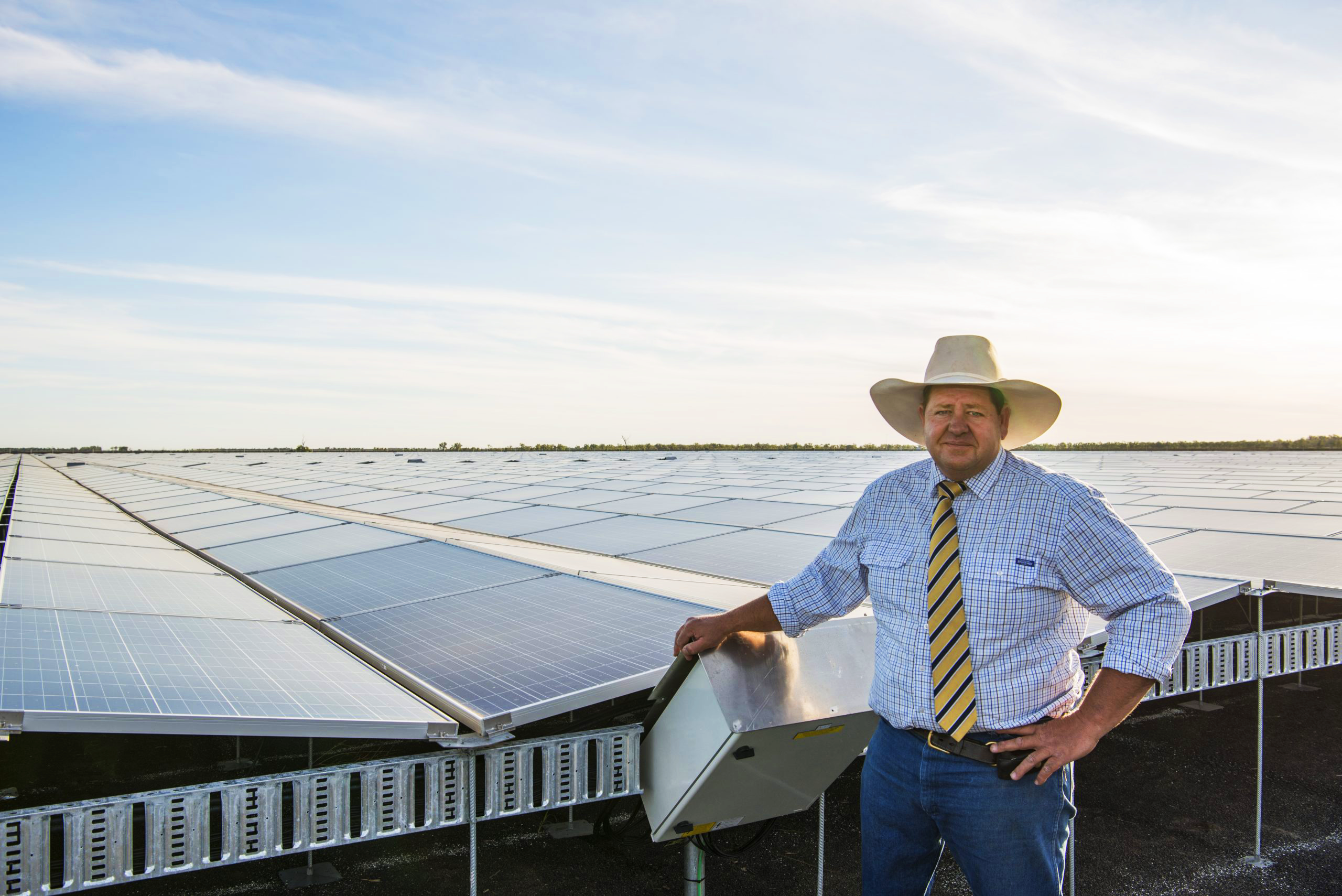
“There’s no one-size-fits-all approach for regional Australia, be it micro-grids, embedded local networks, grid-connected renewable energy resources or off-grid projects. But, there is a huge opportunity here to boost local economies and create new job opportunities through a decentralised electricity system that generates and shares energy with the local regional community ... A regional energy transition plan will be key in providing confidence and a framework for regional communities to participate."”
Peter MaillerBoggabilla farmer and Farmers for Climate Action supporter
“If the whole community feels that they are part-owners of any new renewables project and are financially involved, then the whole argument about how many turbines or solar panels we have would be tipped on it's head ... Ideally, this should be an equity sharing arrangement, not just a "royalty" payment, and it should be spread as widely into the community as possible, without compromising the financial stability of any particular project. This is called "benefit sharing" and the model will be different in different communities. ... A regional energy transition program that does this is a no-brainer!”
Charlie PrellCrookwell farmer and Farmers for Climate Action deputy chair
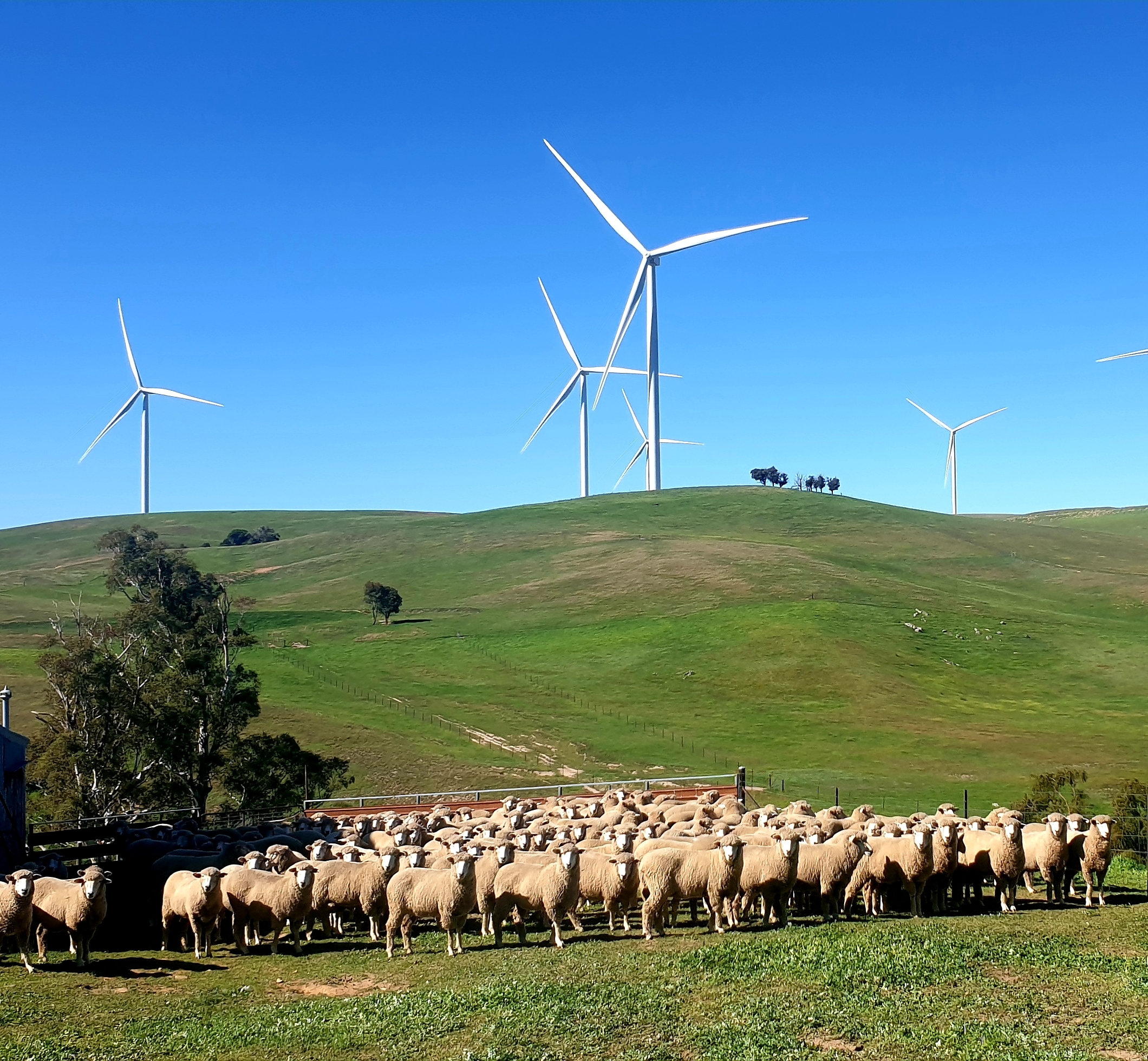
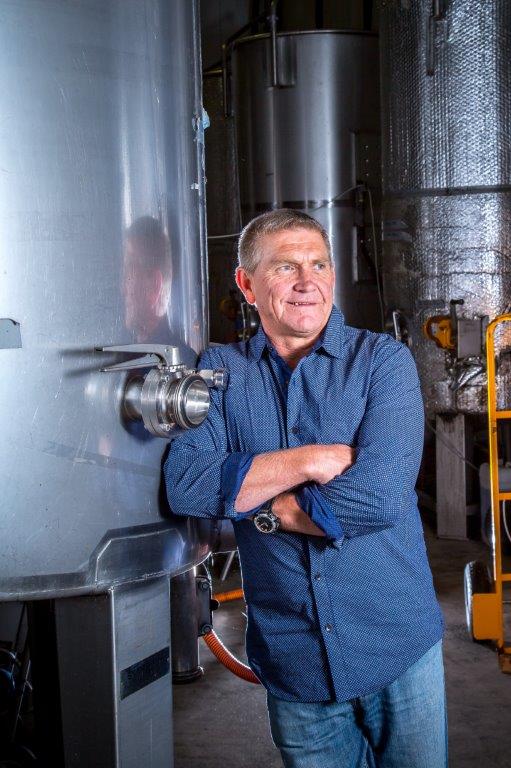
”More support in the loaning sector will encourage not only personal stability it will deliver a sense of financial support required to carry the farmer through unexpected challenges as they arrive. Building and working with mother nature, increasing carbon soil activity and encouraging wetlands for nature reserve will deliver viable micro climates within the landscapes of regional farming areas as this is vital for longevity in agriculture.
Mike HayesGranite Belt winemaker
““There is innovation out there, but it’s really difficult to get the research establishment to take up some of these innovations and turn them into realistic outcomes. Funding can be a barrier, simply because of the timeframes required. A National Climate Change and Agriculture Work Program, underpinned by a National Primary Industries Climate Research & Innovation Program, a Regional Horizons Business leadership scheme and renewed long term funding for climate-smart agriculture extension would help to bring like minded people together, fostering collaboration and innovation across between different farmers and also researchers. We need to improve the two-way learning environment to assist adaptation - putting together people from different environments who are thinking along similar lines would be a great way to do this.””
Dale ParkBadgingarra farmer and Farmers for Climate Action Board member
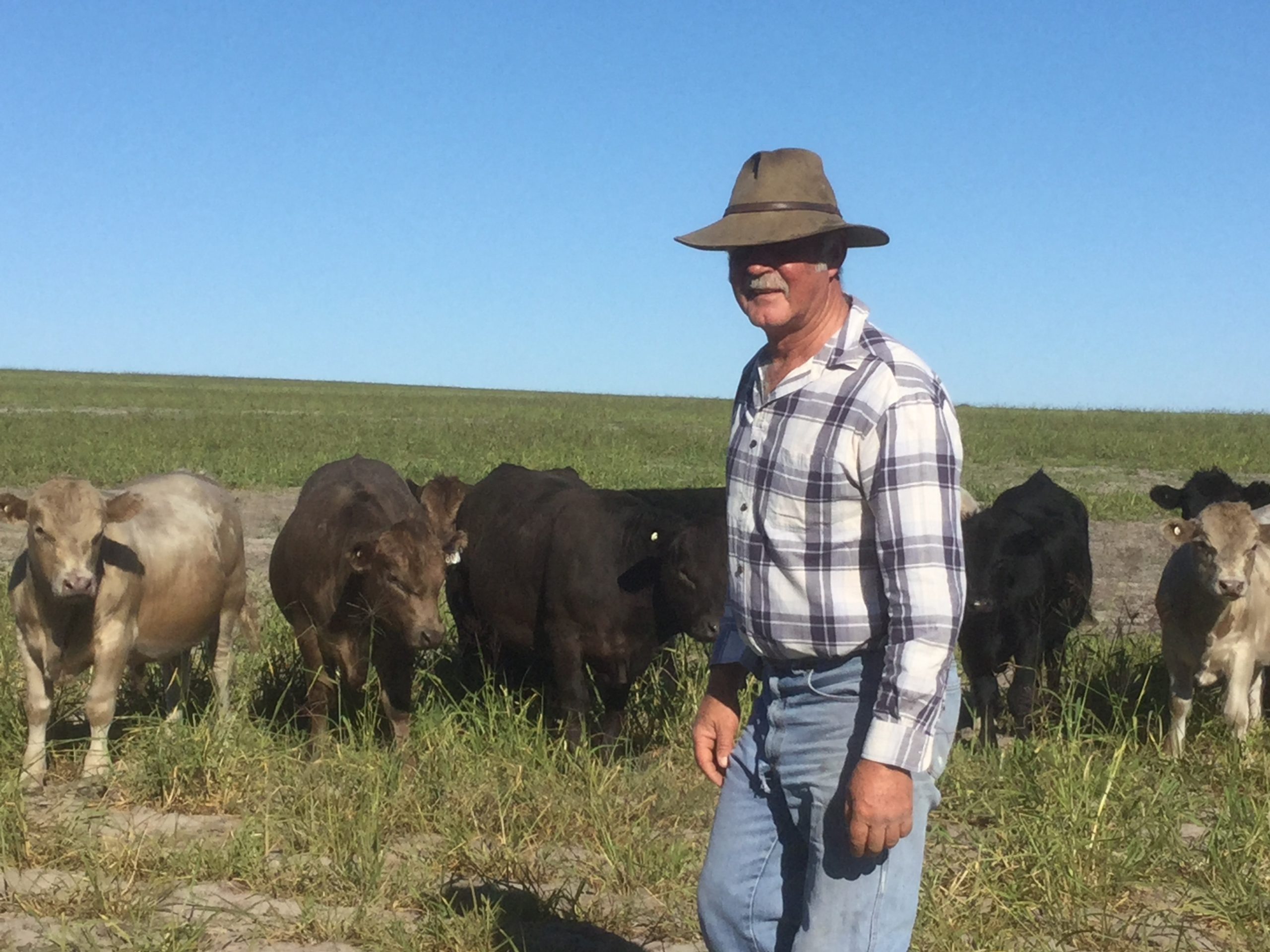
”“The Farmers for Climate Action Regional Horizons plan provides me with hope. As someone who has lived in regional Australia for most of my life, I see it as a document which provides the broad outlook that is needed to make the changes that will enable us to develop the resilient society we need: one which is filled with hope, opportunity, equity and justice. It fosters the creation of truly sustainable communities that will be able to deal with the impact of climate change. They will thrive if they are able to access knowledge, technology, wisdom and opportunity.”
Dorothy HendersonEsperance farmer
”A thriving farming sector will attract and support community built around it ... The National Climate Change and Agriculture Work Program recognises the scope for employment on and around farms, and the benefits a rich, vibrant agriculture-related work force can provide if it is adequately supported by research, and provision of the incentive to adapt and lead as businesses within a community.
Dorothy HendersonEsperance farmer
”“The establishment of this fund will provide regional communities with a path towards protection, regeneration and repair of their landscapes. Environmental stewardship in Australia has been hampered, despite the positive qualities of the Landcare movement, by inconsistent funding and the lack of access to finance. Without a financial value attached to environmental work, rightly or wrongly, the benefits of truly sustainable farming are not realised. The proposed fund and other initiatives work towards providing certainty at a time when funding for projects that care for country is restricted by budgets, politics and economic priorities. Healthy landscapes are home to healthy, resilient and strong communities. An often unrecognised benefit of a strong land care/environment sector is the employment it provides, with scientists and researchers involved in projects bringing a different dimension to the demographics of a community, and broadening the perspective when it comes to issues like climate change and environmental protection.”
Dorothy HendersonEsperance farmer
”The Regional Resilience Hub Network is an essential component of the Regional Horizon's plan. It will connect those of us who make up a community in a way that will enable us to respond and adapt to the wide ranging changes that can have such an impact on people that are already interconnected by place. Bush fires, floods, droughts, crop failures, commodity price collapses: we have all seen the impact that events like these can have on our communities. While Australia's regions are famous for our capacity to weather challenges, by being well connected in terms of information, communications, the ability to share knowledge and experience, we will be able to do this even better in the future. And we will do it against the background of a healthy environment, with a deep understanding of our own nature and that of the land and people around us. This will enable true resilience, not just resistance to change.
Dorothy HendersonEsperance farmer
“The Regional Horizons Business Leadership Scheme is a good opportunity to accelerate a positive response to climate change by our industry. The science is compelling but there is still a gap in knowledge through most parts our industry and targeting leaders is a very good approach to extend key message and build climate literacy and from this build action.”
Simon WallworkCorrigin farmer
“Farmers can be an important part of the solution in terms of carbon sequestration and assist other higher emitting industries with like oil and gas to offset their emissions. We will be more motivated to participate in carbon farming, planting trees in particular, if there is a fair and equitable financial recognition for doing so.”
Simon WallworkCorrigin farmer
““For sunny, land-rich regions like ours, which have been hit by years of drought, the development of large-scale wind and solar projects can breathe new life and economic activity into local towns. They provide an important secondary income for farmers, give people control over their own power generation and reduce emissions, which worsen climate change.””
Karin StarkNarromine farmer and renewable energy advocate
